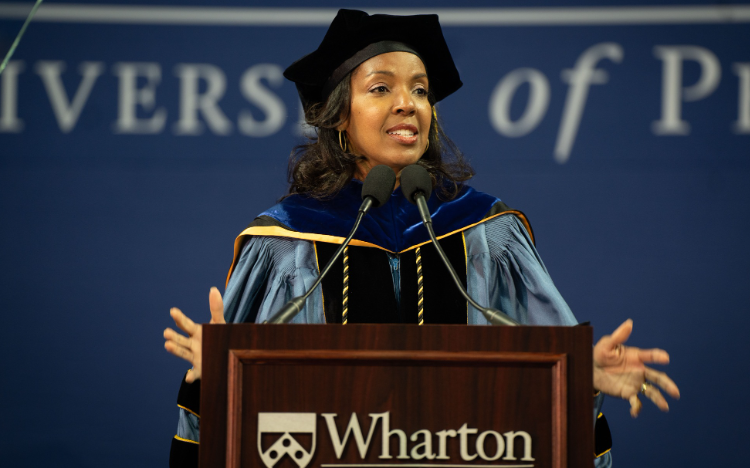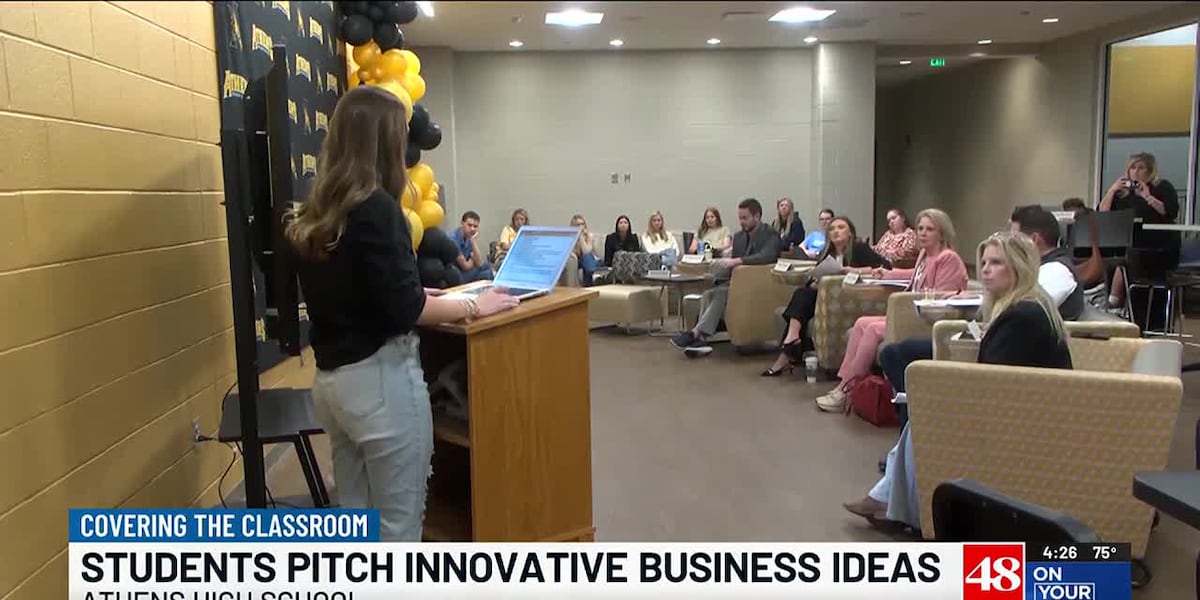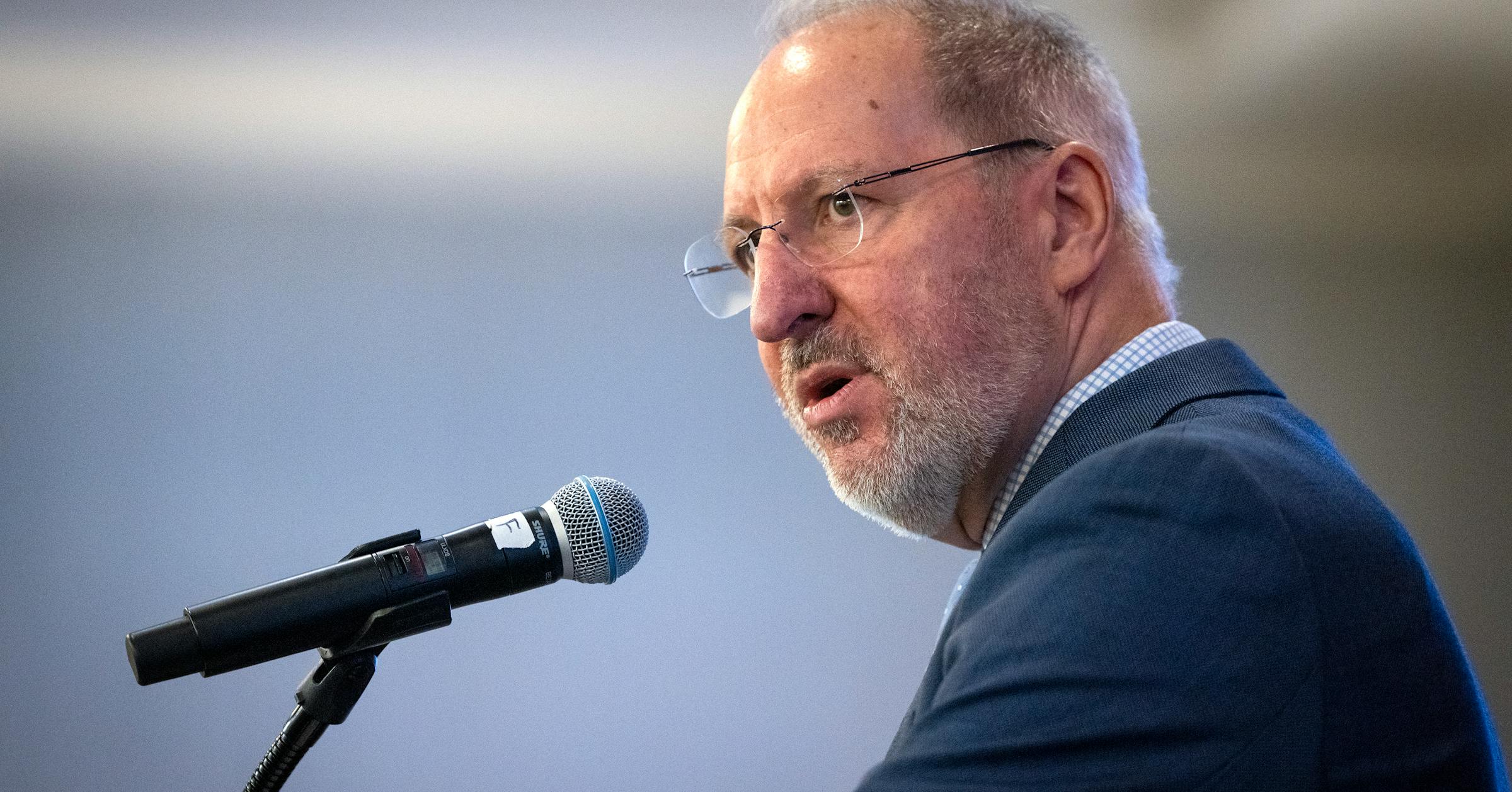Inside Trump's Economic Gambit: The Promises and Pitfalls of Bringing Business Back Home
Business
2025-03-24 18:32:01Content

Despite hopes of a manufacturing revival, the promise of tariffs bringing factories roaring back to life is more myth than reality. While protective trade policies might sound appealing, they fail to address the complex economic dynamics that have driven manufacturing offshore.
The global manufacturing landscape is shaped by far more than just tariff rates. Labor costs, technological capabilities, supply chain efficiencies, and skilled workforce availability play crucial roles in determining where companies choose to produce goods. Simply imposing tariffs won't magically transform the intricate economic ecosystem that has evolved over decades.
Moreover, many companies have already deeply integrated global supply chains, making sudden shifts prohibitively expensive and logistically challenging. Automation and advanced manufacturing technologies are increasingly reducing labor cost advantages, meaning that tariffs alone cannot reverse long-term structural changes in industrial production.
Successful reinvigoration of domestic manufacturing requires a comprehensive strategy. This includes investing in workforce training, supporting research and development, creating incentives for advanced manufacturing, and developing robust infrastructure. Tariffs are at best a blunt instrument, incapable of addressing the nuanced challenges facing modern industrial production.
Policymakers and business leaders must recognize that sustainable manufacturing growth demands strategic, holistic approaches rather than simplistic protectionist measures. The future of manufacturing lies in innovation, adaptability, and strategic investment—not in trade barriers.
Industrial Policy Paradox: Why Protectionist Measures Fail to Revive Manufacturing Might
In the complex landscape of global economic strategy, policymakers continue to grapple with the challenging dynamics of industrial revitalization. The persistent belief that protectionist trade policies can magically resurrect domestic manufacturing sectors remains a seductive yet fundamentally flawed narrative that demands critical examination and nuanced understanding.Unraveling the Myth of Tariff-Driven Industrial Renaissance
The Global Economic Interconnectedness Challenge
Modern manufacturing exists within an intricate web of international supply chains, technological dependencies, and complex economic interdependencies. Contrary to simplistic protectionist rhetoric, imposing tariffs does not automatically translate into domestic industrial resurgence. The global economic ecosystem has evolved far beyond traditional trade barriers, requiring sophisticated strategies that transcend mere punitive economic measures. Multinational corporations have developed incredibly resilient and adaptable business models that can swiftly recalibrate their production networks in response to changing regulatory landscapes. When confronted with increased tariffs, these entities often opt for alternative sourcing strategies, relocate production facilities, or leverage advanced technological solutions that minimize direct economic impact.Technological Innovation versus Protectionist Strategies
The fundamental driver of manufacturing competitiveness lies not in artificial trade barriers but in continuous technological innovation, workforce skill development, and strategic investment in research and development. Countries that prioritize educational infrastructure, advanced technological training, and supportive innovation ecosystems are far more likely to achieve sustainable industrial growth. Emerging economies increasingly demonstrate remarkable technological capabilities, challenging traditional manufacturing powerhouses through strategic investments in human capital and cutting-edge technological infrastructure. The notion that protectionist policies can somehow reverse these profound structural transformations represents a fundamental misunderstanding of contemporary economic dynamics.Labor Market Transformation and Automation
The manufacturing landscape is undergoing unprecedented transformation driven by automation, artificial intelligence, and advanced robotics. These technological shifts fundamentally reshape labor requirements, rendering traditional protectionist approaches increasingly irrelevant. Modern manufacturing demands highly specialized skills, sophisticated technological understanding, and adaptive workforce capabilities that cannot be artificially generated through trade barriers. Successful industrial strategies must focus on workforce reskilling, technological education, and creating flexible economic environments that can rapidly respond to technological disruptions. Tariffs represent a static, backward-looking approach that fails to address the dynamic nature of contemporary industrial production.Economic Complexity and Strategic Adaptation
Sustainable industrial development requires a holistic approach that considers multiple interconnected factors: educational infrastructure, technological innovation, regulatory frameworks, and strategic economic planning. Protectionist measures represent a simplistic response to complex economic challenges, offering temporary illusions of progress while potentially undermining long-term competitive capabilities. Nations seeking genuine industrial revitalization must invest in comprehensive ecosystem development, fostering environments that attract innovative enterprises, support technological research, and cultivate highly skilled workforce capabilities. These strategies demand nuanced, forward-thinking approaches that transcend traditional protectionist paradigms.RELATED NEWS
Business

Street by Street: Broadway Merchants Demand Safety Overhaul Amid Rising Urban Tensions
2025-03-01 00:04:00
Business

Local Furniture Makers Brace for Economic Storm: Tariffs Threaten Plymouth's Crafting Community
2025-04-21 23:48:59
Business

AI Revolution: Wharton Unveils Groundbreaking MBA Pathway Bridging Tech and Business Strategy
2025-04-03 17:00:00





